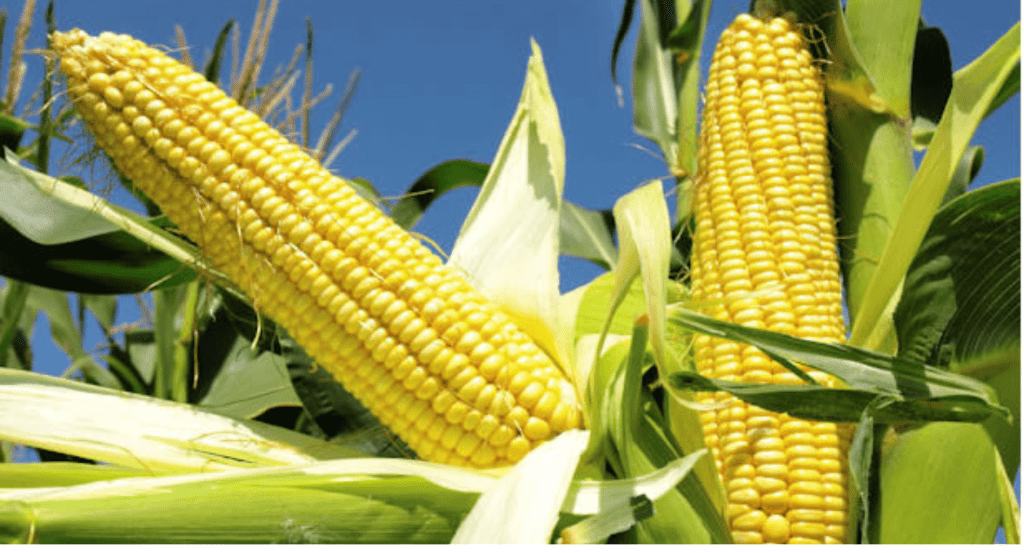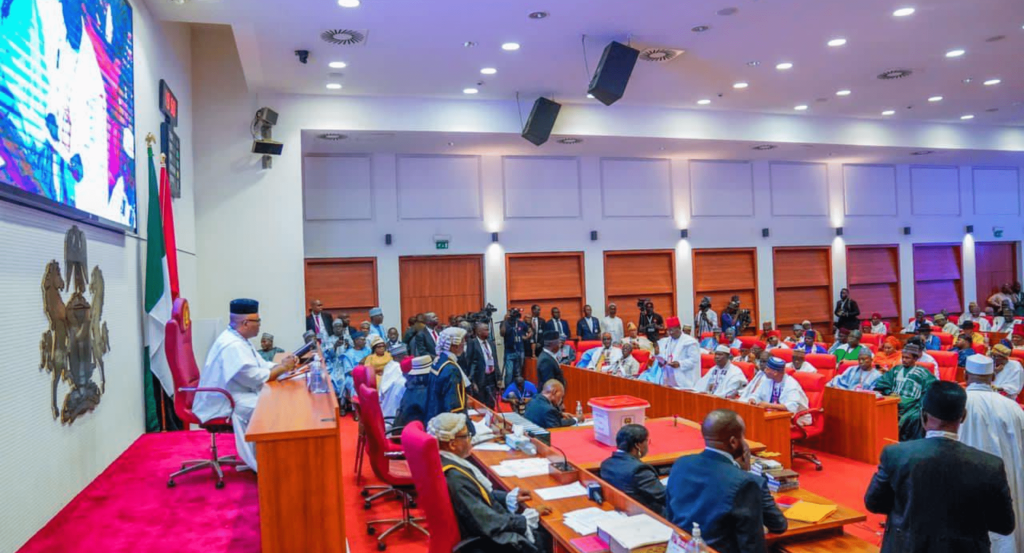Nigeria achieves self-sufficiency in maize production, marking a significant milestone in the country’s agricultural sector and enhancing food security.
Nigeria has officially announced its achievement of self-sufficiency in maize production, a significant milestone for the country’s agricultural sector. The announcement was made by the Minister of Agriculture during a press conference in the capital, highlighting the progress made in local maize cultivation over recent years.
Background on Maize Production in Nigeria
Maize is a staple food in Nigeria and plays a critical role in the country’s food security and economic stability. Historically, Nigeria faced challenges in maize production, including dependency on imports to meet domestic demand. However, recent initiatives aimed at boosting local production have led to a turnaround in the sector.
Government Initiatives and Support
The government has implemented several strategies to enhance maize production, including the provision of improved seed varieties, access to credit facilities, and training programs for farmers. Additionally, the introduction of modern farming techniques and the expansion of irrigation infrastructure have contributed to increased yields.
The Minister of Agriculture emphasized that self-sufficiency in maize production is a result of collaborative efforts between the government, research institutions, and local farmers. The government’s investment in agricultural technology and infrastructure has played a pivotal role in achieving this goal.
Impact on Food Security and Economy
Achieving self-sufficiency in maize production is expected to have a positive impact on food security in Nigeria. It will reduce the country’s reliance on imported maize, thereby saving foreign exchange and stabilizing prices for consumers. The Minister noted that increased local production will also support the livelihoods of millions of farmers and boost rural economies.
Experts believe that this achievement will create a ripple effect across the agricultural sector, encouraging investment and innovation in other crops. The focus on maize self-sufficiency sets a precedent for similar initiatives aimed at enhancing food production in Nigeria.
Future Prospects and Challenges
While the announcement marks a significant achievement, challenges remain in the agricultural sector, including pest control, climate variability, and access to markets for farmers. The government is committed to addressing these issues through ongoing support and collaboration with stakeholders.
Looking ahead, the Nigerian government aims to further increase maize production and explore export opportunities, positioning the country as a potential leader in maize production in West Africa.
As the nation celebrates this milestone, the achievement of self-sufficiency in maize production reflects Nigeria’s commitment to enhancing food security and fostering economic growth through sustainable agricultural practices.



























